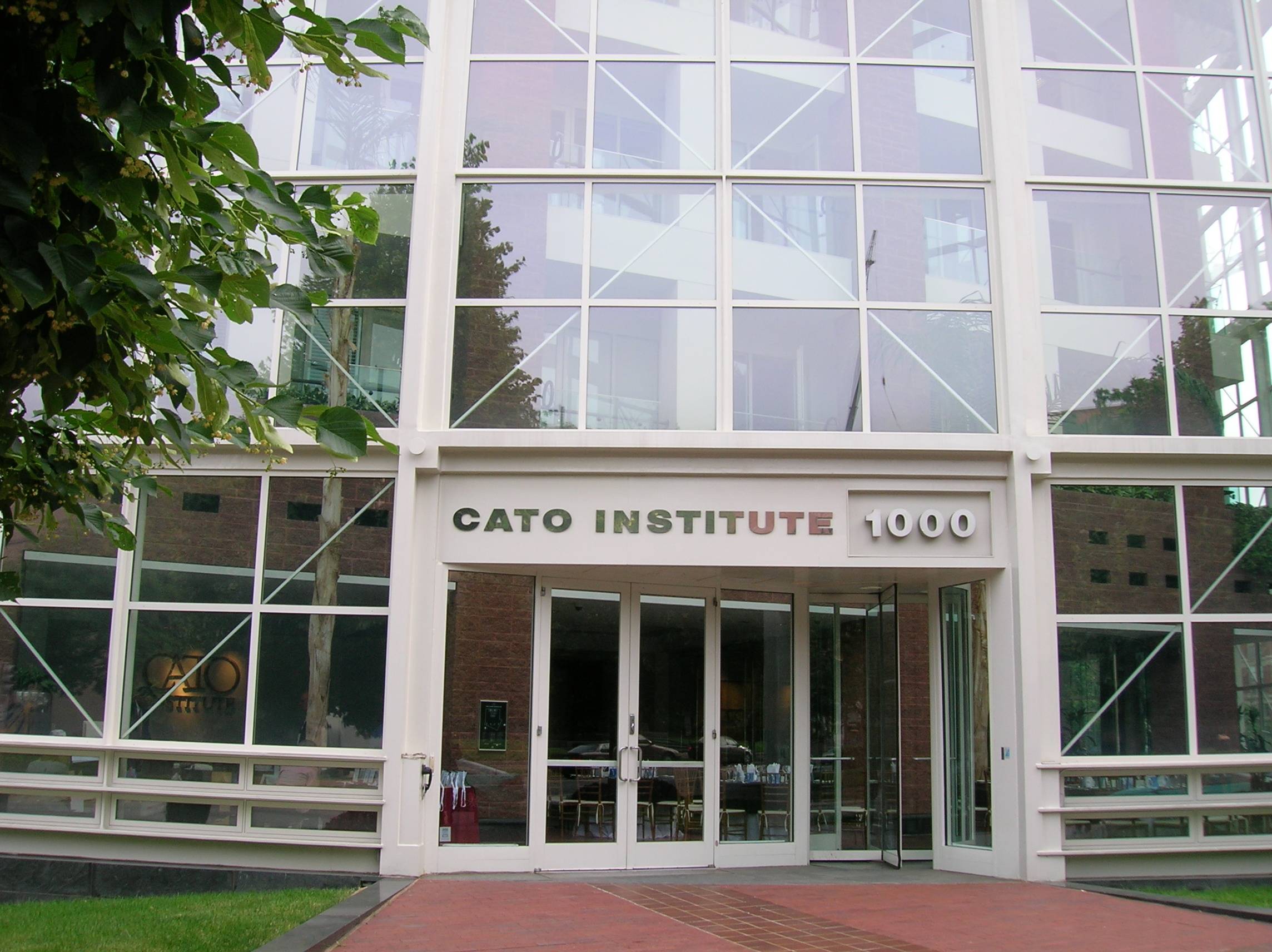
==============================
LUNCHEON ADDRESS
Hon. Phil Gramm -?Former Chairman, Senate Banking Committee
Mark Calabria introduces him, maybe a little over the top — some clever comments and insightful, though. ?Gramm didn’t come to Congress to be loved. ?What does Mother think of your ideas, Gramm would often ask.
Gramm: A few key points, try to be brief…
1) Most of what you know is not so — echoing Twain
Quotes a book on Monetary Policy from the 19th century. ?Crisis: Obama: Greedy bankers took advantage of deregulation.
Insured commercial banks had high capital levels at the time of the crisis — 10% (DM: but look at the tangible capital ratios)
Government incented aggressive policies — highly levered with lots of Subprime mortgages as a result of CRA lending. ?(DM: note, I saw this in the low income tax credit business.)
2) Banks have been deregulated over the last half-century. ?No, at least not on net. FIRREA, Sarbox, and many others (of course look at Gramm Leach Bliley).
Glass Steagall existed prior to the Great Depression. ?Glass believed in the real bills doctrine. ?No evidence for banks overdoing margin lending. ?The Fed started eroding Glass Steagall prior to GLB. ?The only thing GLB did was allow banks to participate in a wide number of different businesses in separate subsidiaries. ?Argues that it clarified regulatory authority.
GLB made banks more stable. ?Clinton saw this in diversity of revenue streams. ?Argues that GLB had nothing to do with crisis.
3) Financial crisis occurred because of institutions too big to fail. ?940+ institutions were bailed out. ?Many large firms did not need the bailouts, and it was forced on them. ?Lehman was not too big to fail.
4) The bailouts were large and costly. ?S&L bailout $258B. ?Depositors bailed out. ?Current bailout: US Govt made $24B on the bailout.
5) What turned the crisis into the Great Recession? Obama pursued bad economic policies that overcapitalized the banks. ?As such the banks don’t lend, and the recovery was weak.
6) Worried about two hidden costs of Obama policies. a) run-up in the debt, which may lead to much high costs when interest rates normalize. ?b) explosion of the monetary base — IOER and reverse repos ameliorate, but what if we had a real recovery?
Government might find itself competing with private sector for capital then.
Q&A
1) Erin Caddell, Capstone LLC — how would you modify Dodd-Frank?
He would eliminate most of it, except that banks have to take back mortgages that default early.
2) Student from Georgetown: Major headwinds for debt reduction, what will happen?
Debt reduction won’t be top priority. ?Doesn’t get infrastructure investment. ?Either get rid of Obamacare or not. ?There will be people that lose as deregulation if it occurs.
Likes Pence and Priebus. ?(for now)
